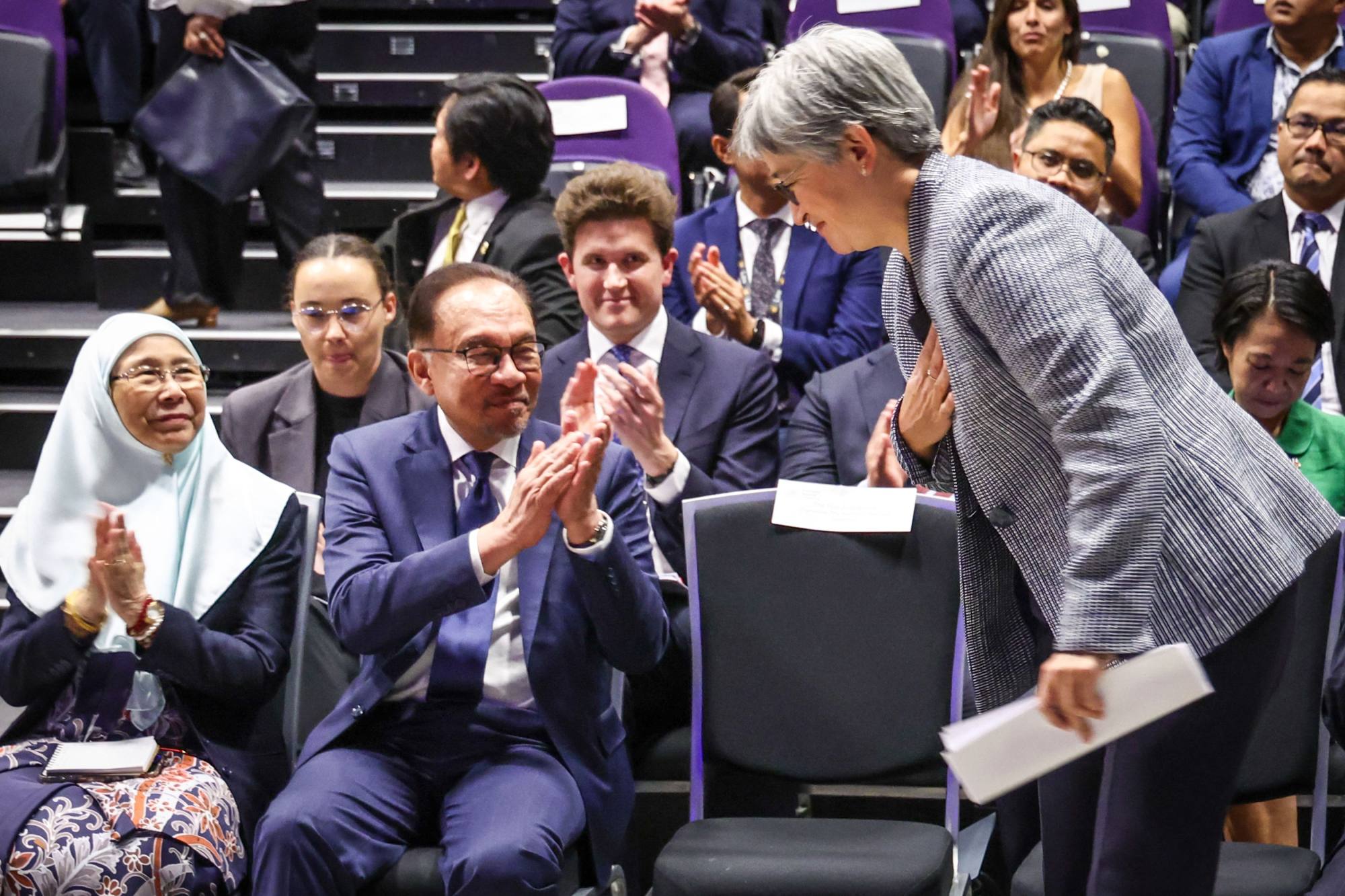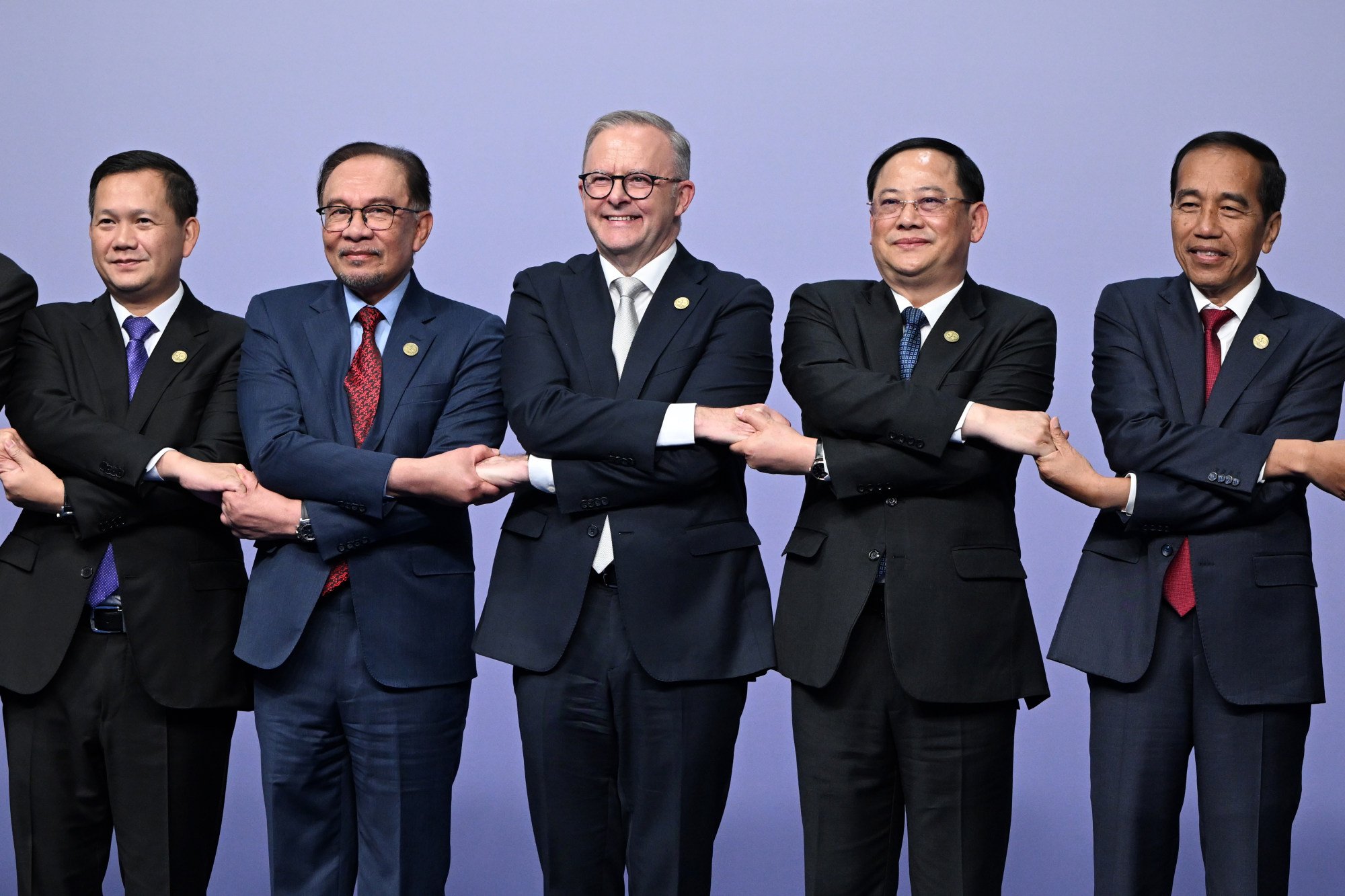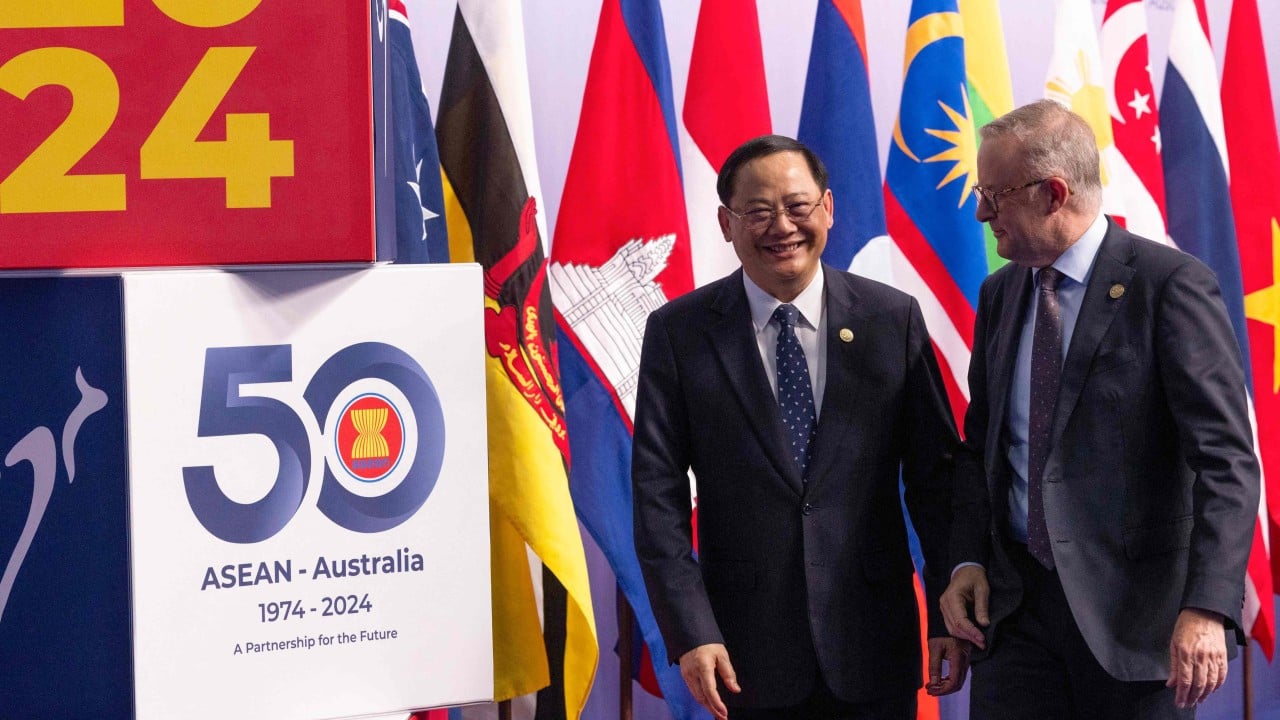Australian Foreign Minister Penny Wong knows the importance of language in connecting with people or an entire region.
She recently finished her introductory remarks to a speech by Malaysian Prime Minister アンワル・イブラヒム at the Australian National University with a Malay proverb ke bukit sama didaki, ke lurah sama dituruni, which translates to “climbing a hill together and descending together” and speaks to a strong bond between parties.
To create a deeper connection with アジア, businesses, think tanks and advocacy groups in オーストラリア have long supported the importance of using the country’s greatest asset: its Asian diaspora.

Language, culture, and even idiosyncratic body language all matter, as Wong and Australian Prime Minister アンソニーアルバネーゼ 知っているはず。
So it is surprising to see so few members of the diaspora nominated as Canberra’s 10 new Southeast Asian business champions, whose jobs are to turbocharge commercial ties between Australia and アセアン. It is also a shame not to see Canberra nurture new names from the diaspora to represent Australia.
At a special Asean-Australia summit a few weeks ago, Canberra named Macquarie chief executive Shemara Wikramanayake to champion business links with フィリピン, Western Sydney University chancellor Jennifer Westacott for インドネシア and ANZ chief executive Shayne Elliott for シンガポール.
Aurecon chief operating officer Louise Adams will handle ベトナム, Lendlease CEO Tony Lombardo will tackle マレーシア, while AgCoTech chairman Charles Olsson will connect with ラオス.
Then there are Linfox executive chairman Peter Fox for タイ, MGA Insurance Brokers executive chairman John George for カンボジア, Pristine Pacific Australia executive director Nur Rahman for Brunei, and East Timor Trading Group chairman Sakib Awan who will look after East Timor.
オーストラリアの投資家が東南アジアへの進出に消極的な背景には何があるのでしょうか?
オーストラリアの投資家が東南アジアへの進出に消極的な背景には何があるのでしょうか?
These people have solid credentials and many are known in the Australian business circuit, have a media presence, are polished and represent mainstream brands.
The foreign affairs department said the new champions were chosen for their leadership, understanding of Australian business and connections in 東南アジア.
Various departments had a say in the nominations, as did Special Envoy for Southeast Asia Nicholas Moore.
Of course, calling for more Southeast Asian-Australians to lead Australia in the region does not mean not having a Southeast Asian background will render some of these champions less effective.
But wouldn’t it be great to have more Southeast Asian-Australians showcase Australia’s multiculturalism and for Canberra to show leadership in harnessing the diaspora? There’s a festering gripe among the diaspora that Canberra is famously bad at not reaching out to it.

Credit must be given to the Albanese government, however, because this is the closest Canberra has come to putting money where its mouth is in relation to a deeper Southeast Asian connection.
The new government shows intent at turning things around. After all, it is telling when Australia’s direct investments in Asean are only a third of its direct investments in ニュージーランド – a country of 5 million people, or less than 1 per cent of Asean’s population.
But it has cowed to inertia when it comes to change by, once again, leaning towards established names, safe names.
Many of these new champions are familiar with Canberra, and have been moving in the same professional circles as bureaucrats.
Some of their organisations may even have a preference for conservative business approaches, the very reason for Australia’s lack of business interests in Southeast Asia.
「怠惰な投資」はオーストラリアとアセアンのビジネス関係の深化を妨げる:専門家
「怠惰な投資」はオーストラリアとアセアンのビジネス関係の深化を妨げる:専門家
So isn’t comfortable the problem?
Using more Southeast Asian-Australians is a double win, too. It sends a message that Canberra is willing to invest in new talent and is not afraid to back new faces.
There are many successful entrepreneurs in the diaspora who may not know the right people to be able to throw their hat in the ring for such appointments, but they certainly have the ability.
This is where Canberra steps in. Granted, it takes a long time to cultivate new talent, and it can be difficult to convince entrepreneurs to work in government when they themselves are privately trying to do business in Asia or have already fostered partnerships there.
But if Canberra wants to make big shifts with the region, it has to take big shifts with its approach.

,war続きを読む

